Find out what the Brazilian women’s team forward had to say about preparing for the Paris Olympics, the strength of the crowds at the games and more
There are many reasons not to look away Debinha during Brazil’s soccer matches at the 2024 Olympics in Paris. In addition to constantly being referred to as Marta’s heir, the Minas Gerais forward is the third best scorer in the history of the Brazilian women’s team.
In an interview with Good shapethe player assumes that, despite all the professional baggage she brings with her, competing for Brazil still gives her a nice feeling of butterflies.
“It’s an honor to wear this shirt, which represents so many women, so many people who would like to be there, our family, our friends and everyone who supports us. […] Anyone who doesn’t feel this has something wrong, because he represents a nation, the dream of many Brazilians,” he said.
Faced with the notable increase in attendance for women’s football, the player said she was enthusiastic about the results she achieved with her work and that of her colleagues while wearing the Brazilian team’s shirt. “In addition to having achieved the victory on the field, this is also a victory for us, for having brought this audience to the stadiums”, she underlined.
Below, you can check out our chat with Debinha about preparing for the Paris Olympics, the strength of the crowds at the games and her expectations for women’s football in the future.
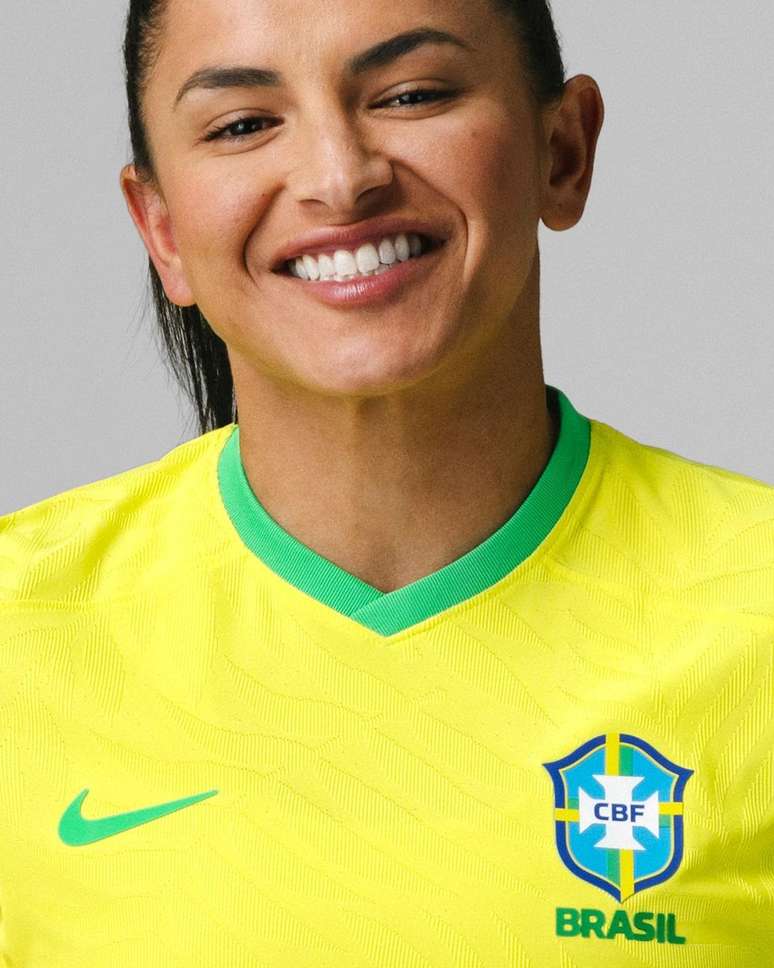
First of all, I would like to know what the expectations are for your debut at the Olympics.
I’m very excited. This will be my third. Of course, every time we are called up, when we go to compete in a competition like this, the feeling is different, because of the moment you are experiencing, the moment with the team… But the total focus now is on the club. I’m trying to stay very focused here, working hard, so that if I have the opportunity to compete in another Olympics, I can be on that list and be able to represent Brazil in the best way.
Even if you have been playing this sport for so many years, do you still have those thrills and expectations before taking to the field?
Of course, the butterflies in my stomach are always the same with every call-up, with every match we play with the national team. It is an honor to wear this shirt, which represents so many women, so many people who would like to be there, our family, our friends and all those who support us. Of course, over time we create this experience, we get used to the pressure of the game, to the competition, but I think the pressure is only at the beginning of the game. This will surely always exist. Anyone who doesn’t feel this has something wrong, because he represents a nation, the dream of many Brazilians. So at first you always have butterflies in your stomach. Even the moment of the national anthem is an incredible emotion. Experience helps in the match, because we already have this experience for many years with the team, but the feeling of wearing the Brazil shirt will never change and the butterflies in the stomach will always be there.
You are an experienced player who stands out in women’s football in Brazil and around the world. Do you feel extra energy for this and also for being seen by many as Marta’s heir?
Certainly, whether or not I have all this baggage, of being on the team and having this pressure of being the successor or not. But I think that over time, living in other countries, competing in more and more competitions, you get used to this pressure. And of course there is a sequel behind all this. It is essential to take care not only of your performance and rest from training, but also on a mental level. So we feel the pressure, yes, but we know how to deal with it because we are prepared. Having all this support behind you when preparing for the Olympics or some big competition is important.
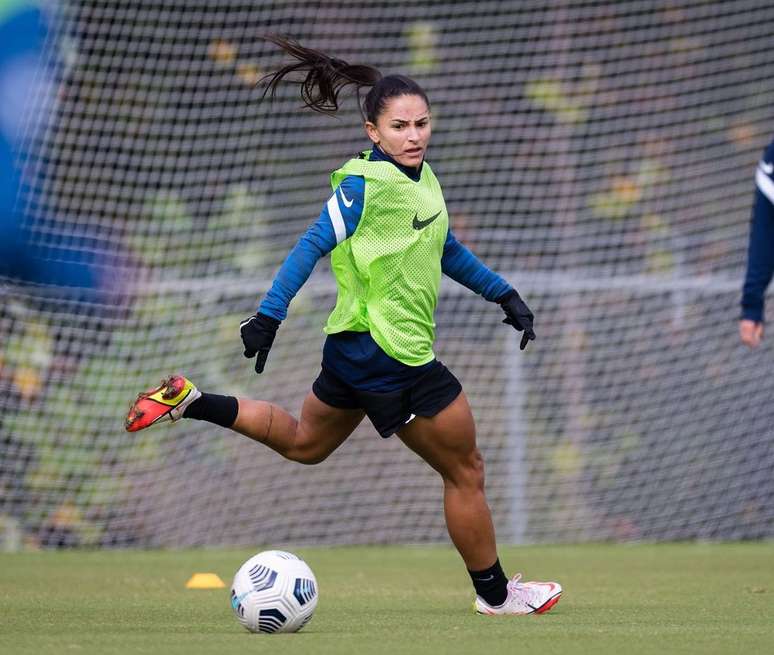
What precautions do you usually take to be prepared for an international competition?
Yes, I have a coach and a therapist. We have to take care of our personal life and everything else to do a good job on the pitch too, so I always looked for help to stay focused. Even more so when it comes to the Olympics, a World Cup, when we know that the pressure is all on us – it’s a nation, a family, friends, the media…, we have to look for support to be able deal with all this.
And how is the physical preparation?
If we play on Sunday, after the game we already prepare for the week. We have [como preparação física] the contrast, which is the hot and ice bath, the shoe, the physiotherapy, the hydration, the nutrition, the sleeping well… So, from the moment you leave the game, you already have to think about feeling good for the next match and the next training session. It’s a constant thing. On holiday we also have to take care of our body and our diet, so everyone says: “Wow, how nice, do what you love, play football”, but behind this we demand a lot of rest and training. We also use the mental part, which is meditation, because it helps prepare better for the week.
Getting into football is not easy and, for women, it is even more challenging. How big of an influence do players like you have on girls who are still starting out?
We have come a long way. Since I started playing, at least 14 years ago, we have seen that we have managed to break several taboos. We continue this fight every day, but it is very gratifying to see today other women taking their place, occupying spaces where they should already be, in the media, in commissions… Of course we want many more women on the front line, but this is already very gratifying. Representing a country and women in this position is an honor for me. Facing all the prejudices I’ve faced since I was a teenager and being where I am today is very rewarding. So what we can say is that everyone should chase their dreams, because you have the complete conditions and talent to do what you love and get to where you want.
It is clear that women’s football is gaining more and more attention around the world. Nowadays, do you think the fans are more female or are men also starting to pay more attention to women’s sport?
We saw this in the last two matches of the Brazilian team [o estádio] filled up. There have always been a lot of fans, but today, of course, we have a lot more people. In the last ones, if I’m not mistaken, there were 33 and 31 thousand people respectively. In addition to having achieved the victory on the pitch, this is also a victory for us, for having brought this audience into the stadiums. And we also have many children who admire Marta, Christiane, Rafaela… So it’s very rewarding, very nice to see. And there is also a male audience. We usually see a lot of them there, get comments or messages from them in support. There are still many prejudices, but I think that, little by little, we are breaking this taboo, this prejudice. So I hope that we can continue on this path, because we are going in the right direction, and that more and more people can go to matches not only of the Brazilian team, but also of teams like Corinthians, Palmeiras, Araraquara, for example. , that There is always a large audience too… May people continue to support and watch good women’s football.
What are your expectations for women’s football in the future?
My dream is to see us where we deserve to be. As I said we are on the right path, little by little we are conquering every corner, but we ask for respect and the possibility of being in our place. We have already proven that women’s football is like men’s football. The only difference is whether you are a man or a woman [jogando]; Then, [meu sonho é] that we can continue to give more and more of this joy to the Brazilian people and that we can continue to invest not only in the Brazilian national team, but also in the youth teams, because we know that it is essential to have this training from a young age. I haven’t had this pleasure, but I would be very happy if the girls starting out today could have this opportunity.
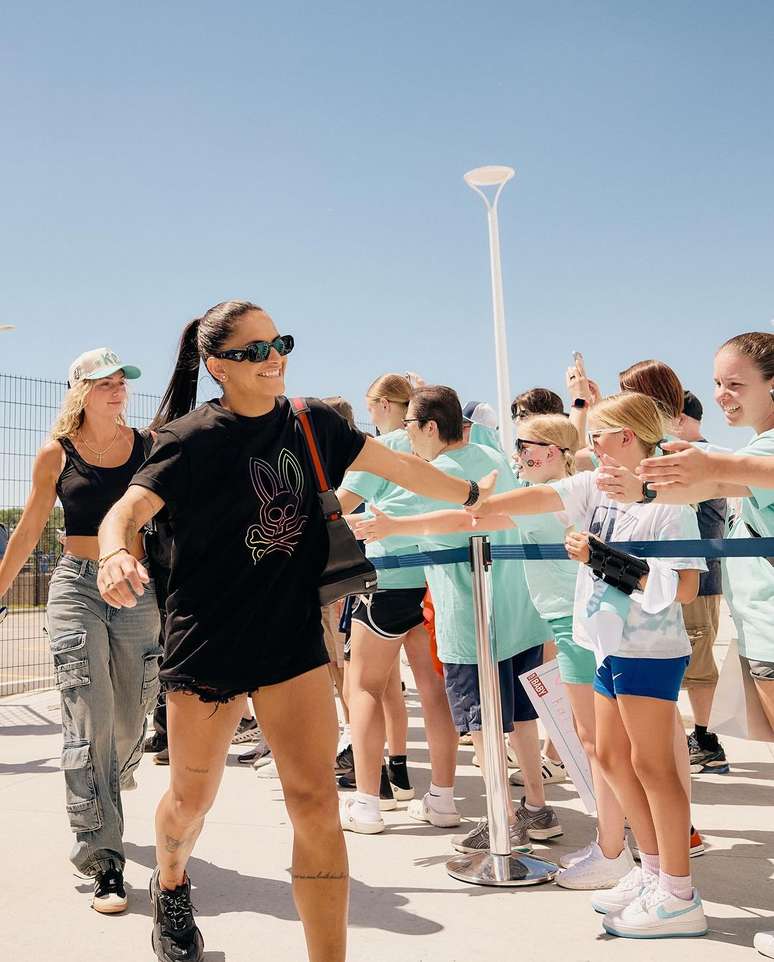
Participation of the female public in sports competitions
According to a survey commissioned by the Wise company, the Olympics are the favorite sporting event for Brazilian women who usually travel to attend competitions abroad.
The survey, which is part of the brand’s national marketing campaign in collaboration with Visa and highlights Debinha’s face, showed that, among women who responded that they like to travel to follow sports, the Olympics (52%) are in the lead, followed by the men’s soccer World Cup (44%) and NBA games (39%).
For the striker of the Brazilian women’s soccer team, these data reflect a change in the model of female behavior.
“Throughout my career, women have always been present in the audience. But their growing interest in following these matches in person, investing in the matches, putting the matches on the calendar is clear. I am happy to see this growing enthusiasm among the women for the sport I chose and it chose me”, says Debinha.
In line with athletes’ perceptions, the research also revealed that the majority of women (59%) who have not traveled internationally or attended a sporting event abroad would be interested in doing so. Here the highlight goes to generations Y (65%) and Z (61%).
Source: Terra
Ben Stock is a lifestyle journalist and author at Gossipify. He writes about topics such as health, wellness, travel, food and home decor. He provides practical advice and inspiration to improve well-being, keeps readers up to date with latest lifestyle news and trends, known for his engaging writing style, in-depth analysis and unique perspectives.



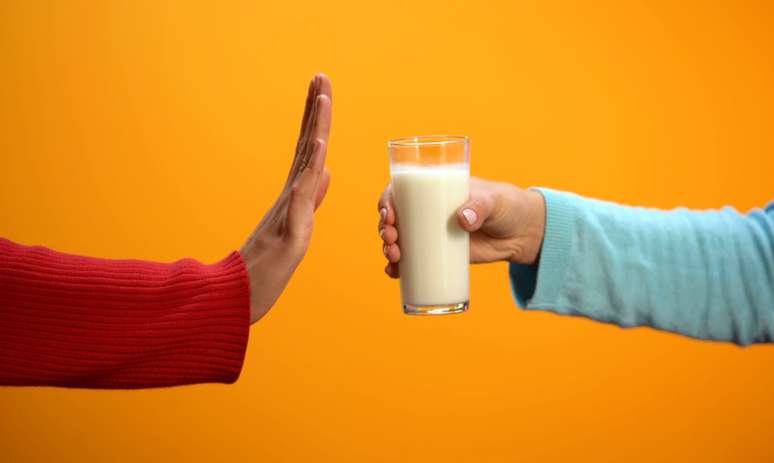

![It All Begins Here: What’s in store for Thursday 16 October 2025 Episode 1286 [SPOILERS] It All Begins Here: What’s in store for Thursday 16 October 2025 Episode 1286 [SPOILERS]](https://fr.web.img3.acsta.net/img/7d/99/7d99acbb3327f48a72b40f684092775e.jpg)
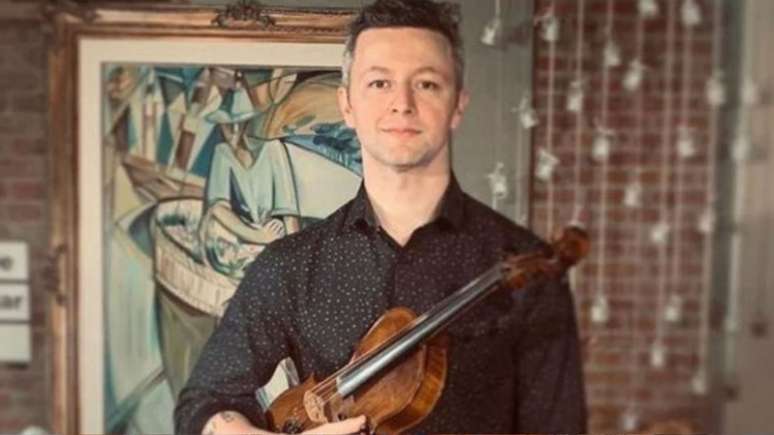
-qe1jxfyoo3eh.JPG)

